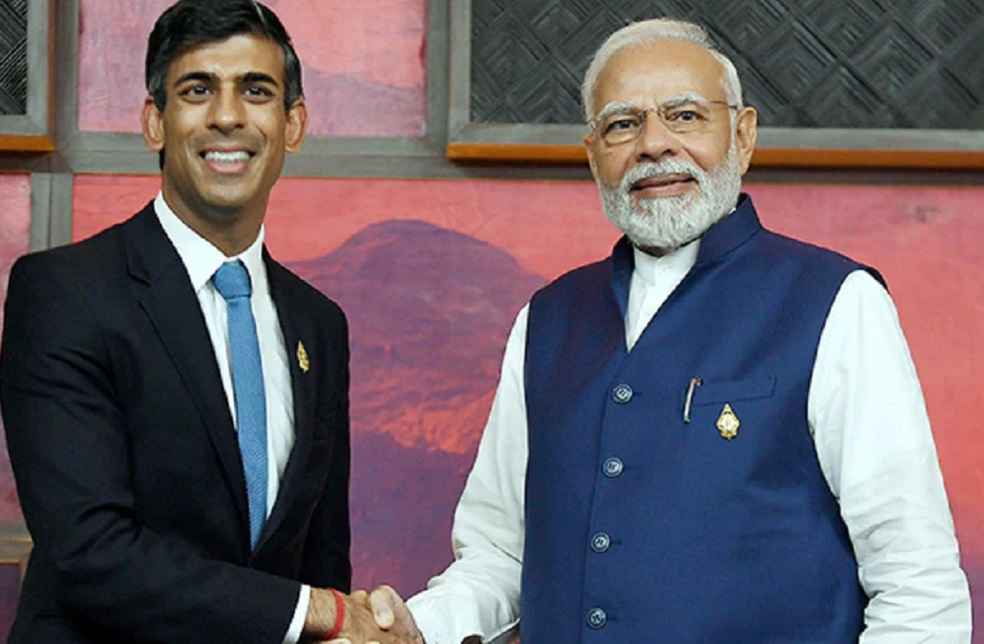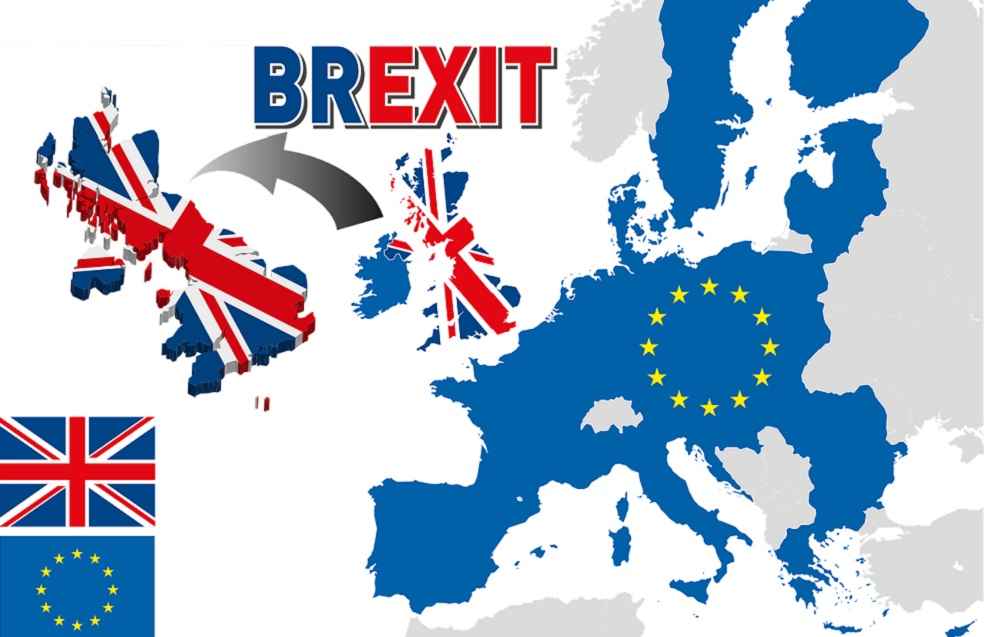An insightful analysis by the Global Trade Research Initiative (GTRI) reveals subtle intricacies surrounding the Eagerly awaited Free Trade Agreement (FTA) between India and the United Kingdom. Contrary to expectations of a broad-based benefit for Indian exports, the prospective agreement promises only modest advantages, primarily for sectors involving high-quality, labor-intensive goods such as textiles and automobiles.
GTRI’s report elucidates that many Indian goods already enter the UK market at negligible or zero tariffs. During the fiscal year 2022-23, of the total $11.41 billion worth of Indian exports to the UK, goods valued at approximately $6 billion were subjected to minimal or zero tariffs. This existing low-tariff access underscores the limited room for substantial improvement in market access due to the proposed FTA.
Ajay Srivastava, co-founder of GTRI, highlights that the prevailing tariffs on Indian goods in the UK market are relatively modest, with an average duty of around 4.2%. A sector-wise breakdown reveals that traditional goods such as textiles and certain fruits, currently facing moderate tariffs, stand to benefit from the reduced duties in the proposed FTA framework.

Ongoing negotiations, marked by concentrated discussions in New Delhi, aim for a conclusion by the end of the month. GTRI emphasizes the necessity for a focus beyond tariff reductions, pointing to the crucial role of product quality enhancements in augmenting India’s export potential.
Shifting the lens to the reciprocal benefits for the UK, the forthcoming FTA appears promising. Elevated tariffs currently levied by India on various UK goods, such as a 100% tariff on automobiles and 150% on certain alcoholic beverages, are likely to be revised to more favorable rates. This adjustment aligns with the broader FTA strategy, fostering a more balanced and mutually beneficial trade relationship.
A key strategic realm of ‘Rules of Origin’, India’s conservative stance seeks to ensure a discerning allocation of FTA benefits. This approach aims to prevent unwarranted advantages to third-country goods and ensure that the principal benefits of the agreement uphold the core interests of the participating nations.

Securing a prosperous FTA with the UK would be a monumental milestone for India, signifying its inaugural accord with a developed nation since the provisional trade agreement enacted with Australia the preceding year. On the contrary, for the UK, the prospective FTA symbolizes a progressive move in its post-Brexit blueprint, aiming to broaden its spectrum of global trade affiliations following its departure from the European Union in 2020.
BUSINESS GENERAL | New UK-India Free Trade Agreement on the Horizon for 2023



